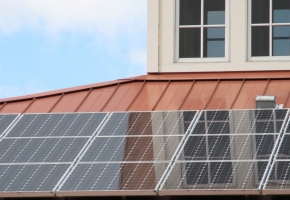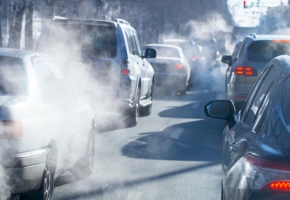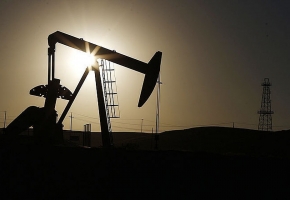Unexpected Consequences of Germany’s Anti-Nuclear Push

Nuclear plant Germany
Germany, sourcing close to half of its electricity from renewable sources, plans to close all of its nuclear power plants by 2022. Its coal-fired plants, meanwhile, will be operating until 2038. According to a study from the U.S. non-profit National Bureau of Economic Research (NBER), Germany is paying dearly for this nuclear phase-out-with human lives.
Shutting down of nuclear plants naturally requires replacement of this capacity with something else. Despite its reputation as a leader in solar and wind, Germany has had to resort to more natural gas-powered generation and, quite importantly, more coal generation. As of mid-2019, coal accounted for almost 30 percent of Germany’s energy mix, with nuclear at 13.1 percent and gas at 9.3 percent.
The authors of the NBER study have calculated that “the social cost of the phase-out to German producers and consumers is $12 billion per year (2017 USD). Over 70% of this cost is due to the increased mortality risk from local air pollution.
Why can't renewables fill the gap? Experts conclude, that if other low-carbon sources, namely wind and solar PV, are to fill the shortfall in nuclear, their deployment would have to accelerate to an unprecedented level. In the past 20 years, wind and solar PV capacity has increased by about 580 gigawatts in advanced economies. But over the next 20 years, nearly five times that amount would need to be added. Such a drastic increase in renewable power generation would create serious challenges in integrating the new sources into the broader energy system.
Meanwhile, the problem with nuclear plants, in most opponents’ minds, is that a meltdown may be rare, but when it does happen, it is far more disastrous than a blackout caused by a slump in solar energy production, for example.
There is no way to remove the risk of a nuclear reactor meltdown entirely. Reactor makers are perfecting their technology, enhancing safety features, and making sure the risk will be minimal, but the risk remains, deterring politicians--those in the ultimate decision-making position--to make a pragmatic decision that, as the NBER research suggests, could actually save lives.
Source: Oilprice.com







